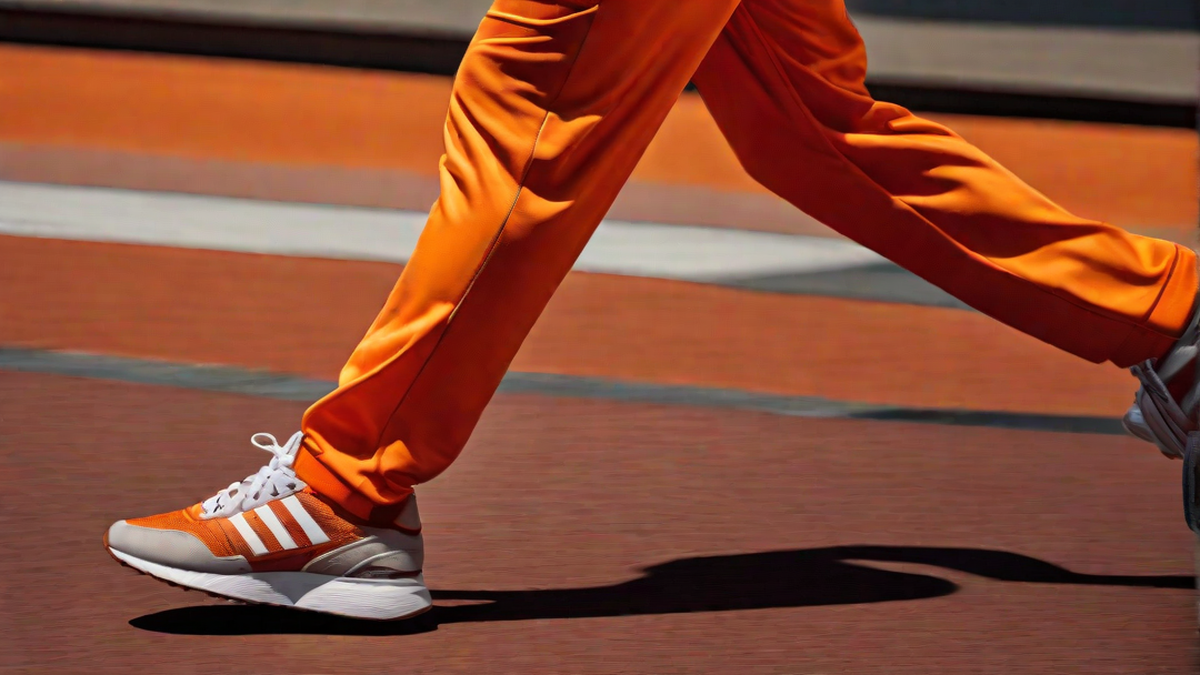Have you ever found yourself wondering why you’re not as fast as you’d like to be when it comes to running? Trust me, I’ve been there too. It can be frustrating to put in the effort and not see the results you want. But fear not, because there are often several factors that can contribute to your slower than desired pace.
First and foremost, it’s important to remember that everyone has their own unique strengths and weaknesses when it comes to running. Just because someone else is faster than you doesn’t mean there’s something inherently wrong with you. It’s all about playing to your strengths and working on your weaknesses.
One factor that can contribute to slower running speed is your running form. The way you position your body and move your limbs can greatly impact your efficiency and speed. If you find yourself slouching or overstriding, it can lead to wasted energy and a slower pace. Working with a running coach or watching instructional videos can help you improve your form and become more efficient.
Another factor to consider is your overall fitness level. Running requires a certain level of cardiovascular endurance, muscular strength, and flexibility. If you’re lacking in any of these areas, it can hinder your performance. Incorporating cross-training exercises, such as strength training and flexibility exercises, can help improve your overall fitness and make you a more efficient runner.
Additionally, your training routine plays a crucial role in your running speed. If you’re not following a structured training plan or if you’re not incorporating the right types of workouts, it can lead to slower progress. Consistency is key when it comes to training, so make sure you’re putting in the necessary time and effort to see improvements.
It’s also important to consider external factors that may be impacting your running speed. Things like weather conditions, terrain, and even the shoes you wear can all play a role. Running on a hilly terrain or in hot and humid weather can naturally slow you down. And wearing improper or worn-out shoes can lead to discomfort and decreased speed. Pay attention to these factors and make adjustments as needed.
Lastly, it’s crucial to take into account your mental mindset. Running is as much a mental sport as it is physical. Negative self-talk and self-doubt can hinder performance and slow you down. Work on building mental toughness and developing positive affirmations to keep you motivated and focused during your runs.
In conclusion, there are numerous factors that can contribute to why you may feel slow at running. It’s important to assess your running form, overall fitness level, training routine, external factors, and mental mindset. By identifying areas for improvement and making necessary adjustments, you can work towards becoming a faster and more efficient runner. Remember, progress takes time and patience, so be kind to yourself and enjoy the journey.

